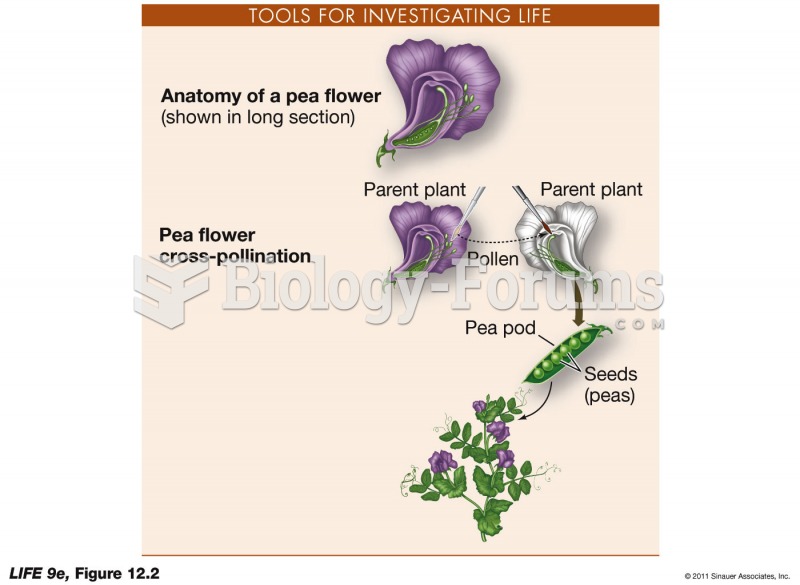|
|
|
Did you know?
On average, the stomach produces 2 L of hydrochloric acid per day.
Did you know?
For high blood pressure (hypertension), a new class of drug, called a vasopeptidase blocker (inhibitor), has been developed. It decreases blood pressure by simultaneously dilating the peripheral arteries and increasing the body's loss of salt.
Did you know?
Approximately 500,000 babies are born each year in the United States to teenage mothers.
Did you know?
Blood is approximately twice as thick as water because of the cells and other components found in it.
Did you know?
If you could remove all of your skin, it would weigh up to 5 pounds.







